Standards
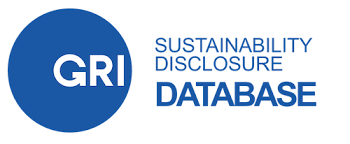
GRI - Global Reporting Initiative
The Global Reporting Initiative is an international independent standards organization that helps businesses, governments and other organizations understand and communicate their impacts on issues such as climate change, human rights and corruption.
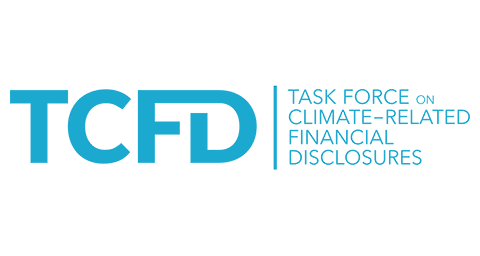
TCFD - Task Force on Climate Related Financial Disclosures
The Task Force on Climate Related Financial Disclosures (TCFD) provides information to investors about what companies are doing to mitigate the risks of climate change, as well as be transparent about the way in which they are governed. It was established in December 2015 by the G20 Financial Stability Board and is chaired by Michael Bloomberg. It will become mandatory for companies to report on these disclosures by 2025 in the UK, although some companies will have to report earlier.

GHG Protocol - Green House Gas Protocol
GHG Protocol supplies the world's most widely used greenhouse gas accounting standards. The standards below are designed to provide a framework for businesses, governments, and other entities to measure and report their greenhouse gas emissions in ways that support their missions and goals.

EU Taxonomy
The EU taxonomy for sustainable activities (i.e. "green taxonomy") is a classification system established to clarify which investments are environmentally sustainable, in the context of the European Green Deal. The aim of the taxonomy is to prevent greenwashing and to help investors make greener choices. Investments are judged by six objectives: climate change mitigation, climate change adaptation, the circular economy, pollution, effect on water, and biodiversity.
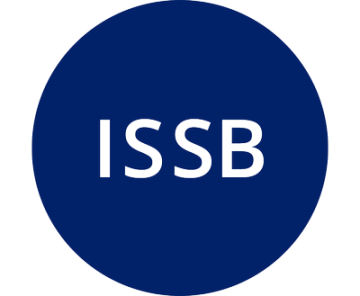
IFRS ISSB
The ISSB standard, or International Sustainability Standards Board standard, is a set of globally-recognized rules for companies to disclose sustainability-related information to investors. These standards aim to provide consistent, comparable, and decision-useful data across companies and countries. Think of it like a common language for sustainability reporting, ensuring everyone speaks the same "financial" language when it comes to environmental, social, and governance (ESG) factors. This helps investors make informed decisions and companies avoid duplicative reporting efforts. It's still early days, but the ISSB standard has the potential to significantly improve transparency and efficiency in sustainability reporting worldwide.
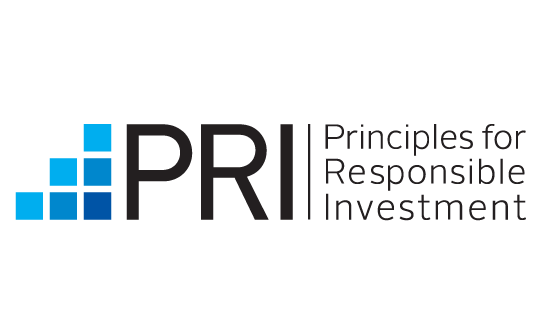
PRI - UN Principles for Responsible Investment
The UN Principles for Responsible Investment (PRI) is an international organization that works to promote the incorporation of environmental, social, and corporate governance factors (ESG) into investment decision-making. Launched in April 2006 with support from the United Nations (UN), the PRI has over 4,900 participating financial institutions, as of March 31, 2021. These institutions participate by becoming signatories to the PRI's six key principles and then filing regular reports on their progress.

UN SDGs - UN Sustainable Development Goals
The Sustainable Development Goals or Global Goals are a collection of 17 interlinked global goals designed to be a "shared blueprint for peace and prosperity for people and the planet, now and into the future". The SDGs were set up in 2015 by the United Nations General Assembly and are intended to be achieved by 2030.

Paris Climat Accord
The Paris Agreement (French: Accord de Paris), often referred to as the Paris Accords or the Paris Climate Accords, is an international treaty on climate change, adopted in 2015. It covers climate change mitigation, adaptation, and finance. The Agreement was negotiated by 196 parties at the 2015 United Nations Climate Change Conference near Paris, France. The Paris Agreement's long-term temperature goal is to keep the rise in mean global temperature to well below 2 °C (3.6 °F) above pre-industrial levels, and preferably limit the increase to 1.5 °C (2.7 °F).
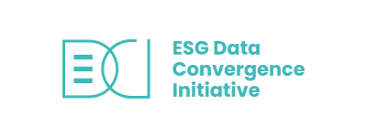
ESG Convergence Initiative
The Initiative, formerly known as the ESG Data Convergence Project, streamlines the private investment industry's historically fragmented approach to collecting and reporting ESG data in order to create a critical mass of meaningful, performance-based, comparable ESG data from private companies. This allows GPs and portfolio companies to benchmark their current position and generate progress toward ESG improvements while enabling greater transparency and more comparable portfolio information for LPs. To create this convergence, the Initiative's participating firms have agreed to report on a core set of ESG metrics across six categories and drawn from existing frameworks.

SBTI - Science Based Targets initiative
The Science Based Targets initiative was established in 2015 to help companies to set emission reduction targets in line with climate science and Paris Agreement goals. In October 2021 SBTi developed and launched the world's first net zero standard, providing the framework and tools for companies to set science-based net zero targets and limit global temperature rise above pre-industrial levels to 1.5 °C. Best practice as identified by SBTi is for companies to adopt transition plans covering scope 1, 2 and 3 emissions, set out short-term milestones, ensure effective board-level governance and link executive compensation to the company's adopted milestones.

CDP Disclosure - Carbon Disclosure Project
The CDP (formerly the Carbon Disclosure Project) is an international non-profit organisation that helps companies and cities disclose their environmental impact. It aims to make environmental reporting and risk management a business norm, driving disclosure, insight, and action towards a sustainable economy. Today, nearly a fifth of global greenhouse gas emissions are reported through CDP.
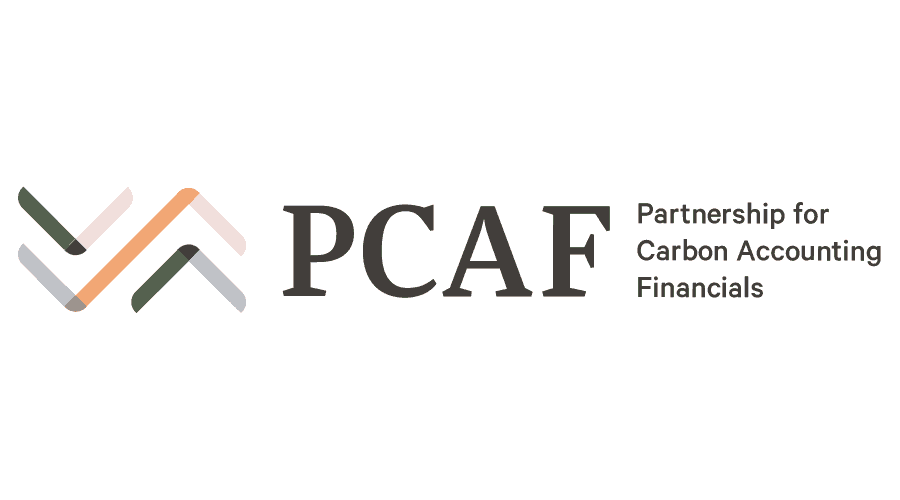
PCAF - Partnership for Carbon Accounting Financial
The Partnership for Carbon Accounting Financial provides detailed methodological guidance to measure and disclose GHG emissions associated with six asset classes: listed equity and corporate bonds, business loans and unlisted equity, project finance, commercial real estate, mortgages and motor vehicle loans.